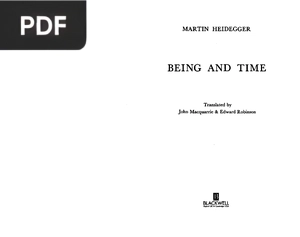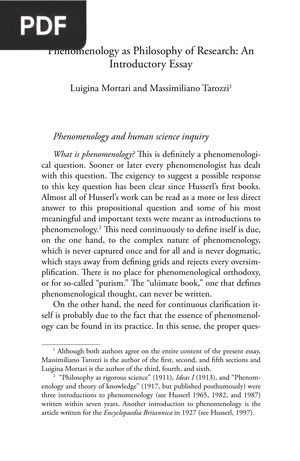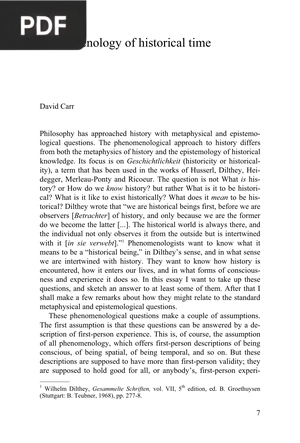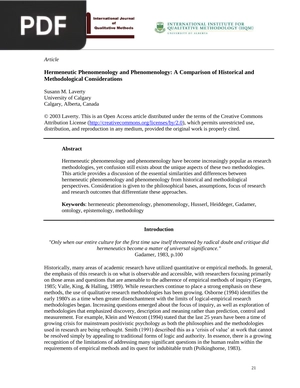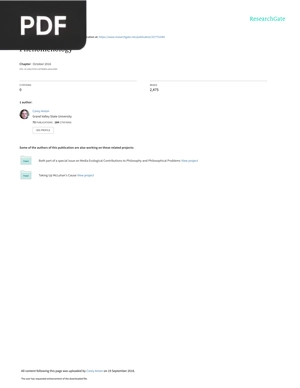The Idea Of Phenomenology
Author: Edmund Husserl
*Please wait a few seconds for the document to load; the time may vary depending on your internet connection. If you prefer, you can download the file by clicking the link below.
Loading PDF...
Document Details
Title: The Idea Of Phenomenology
Author: Edmund Husserl
Pages: 79
Size: 2.68 MB
Format: PDF

